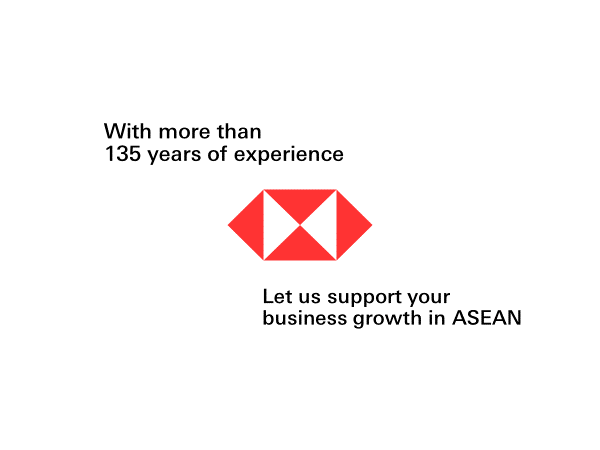The Asset Triple A Treasurise Awards 2023
- Best ESG Solution
- Trade Finance




The Asset Triple A Treasurise Awards 2023

The Asset Triple A Sustainable Investing Awards for Institutional Investor, ETF & Asset Servicing Providers 2023

The Asset Triple A Sustainable Investing Awards for Institutional Investor, ETF & Asset Servicing Providers 2023

ABF Retail Banking Awards 2023

Best International Bank in Indonesia

Best International Bank in Indonesia